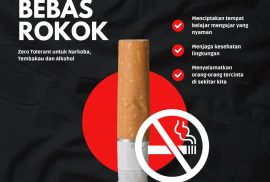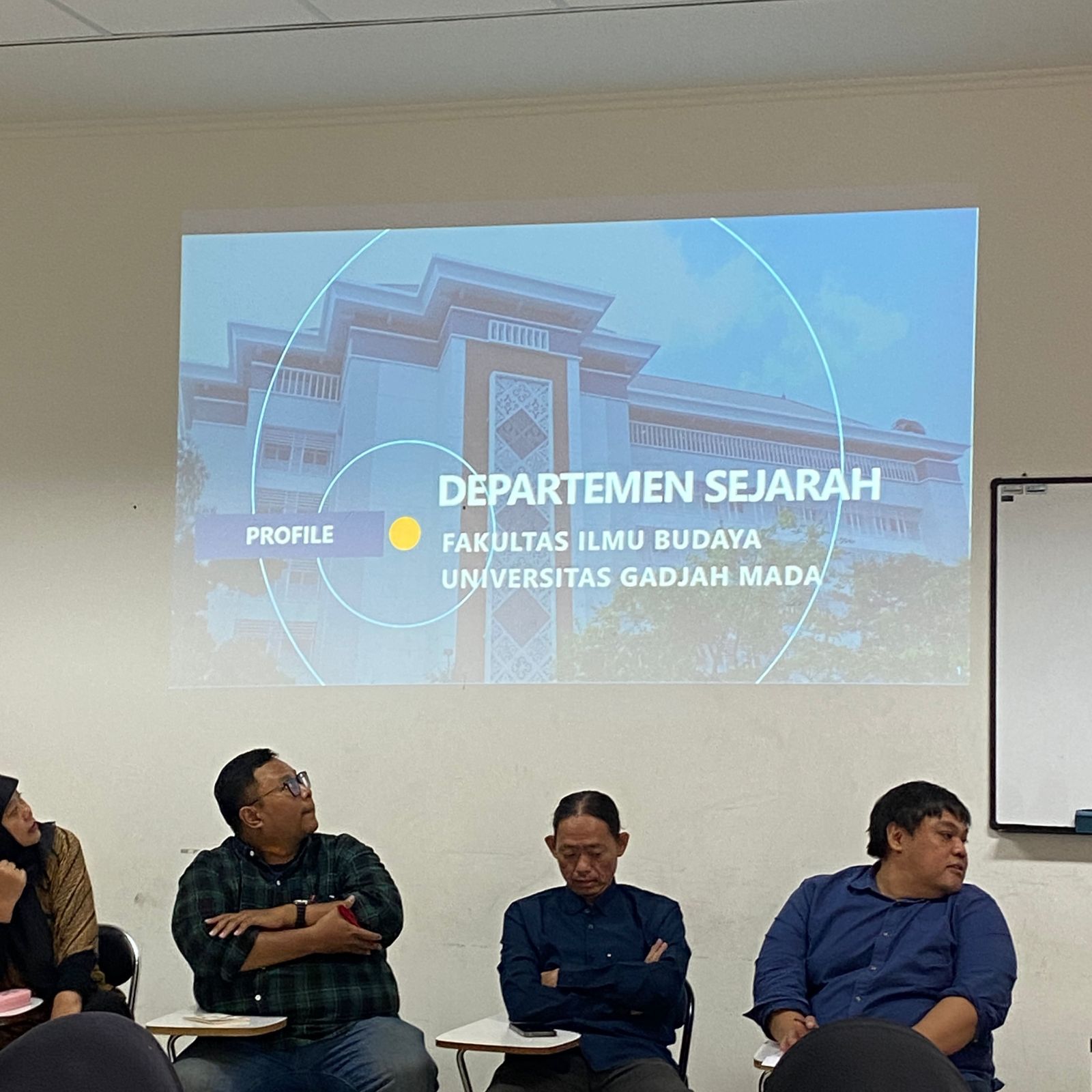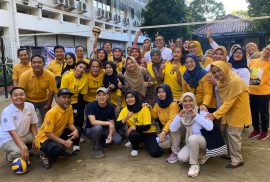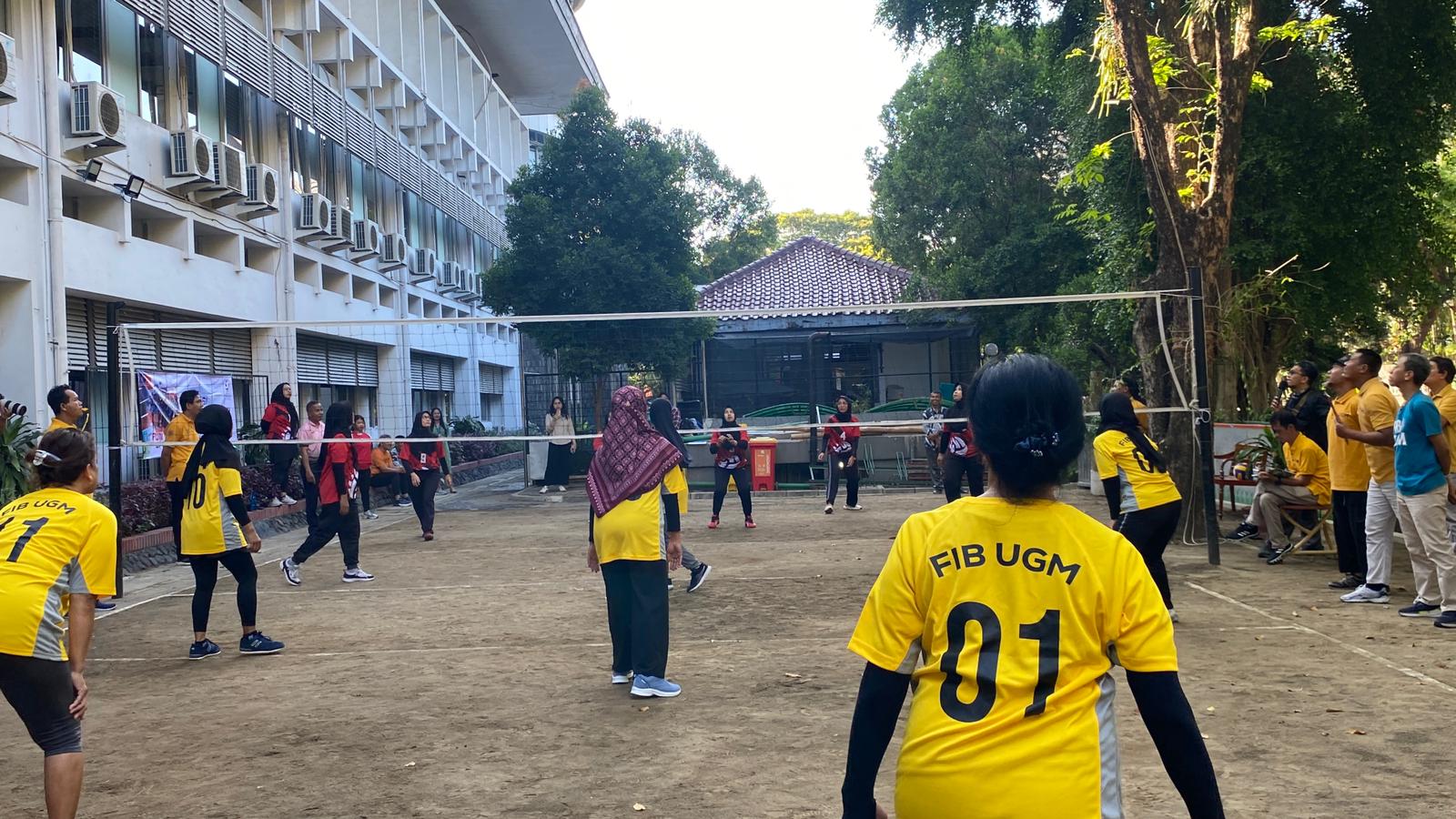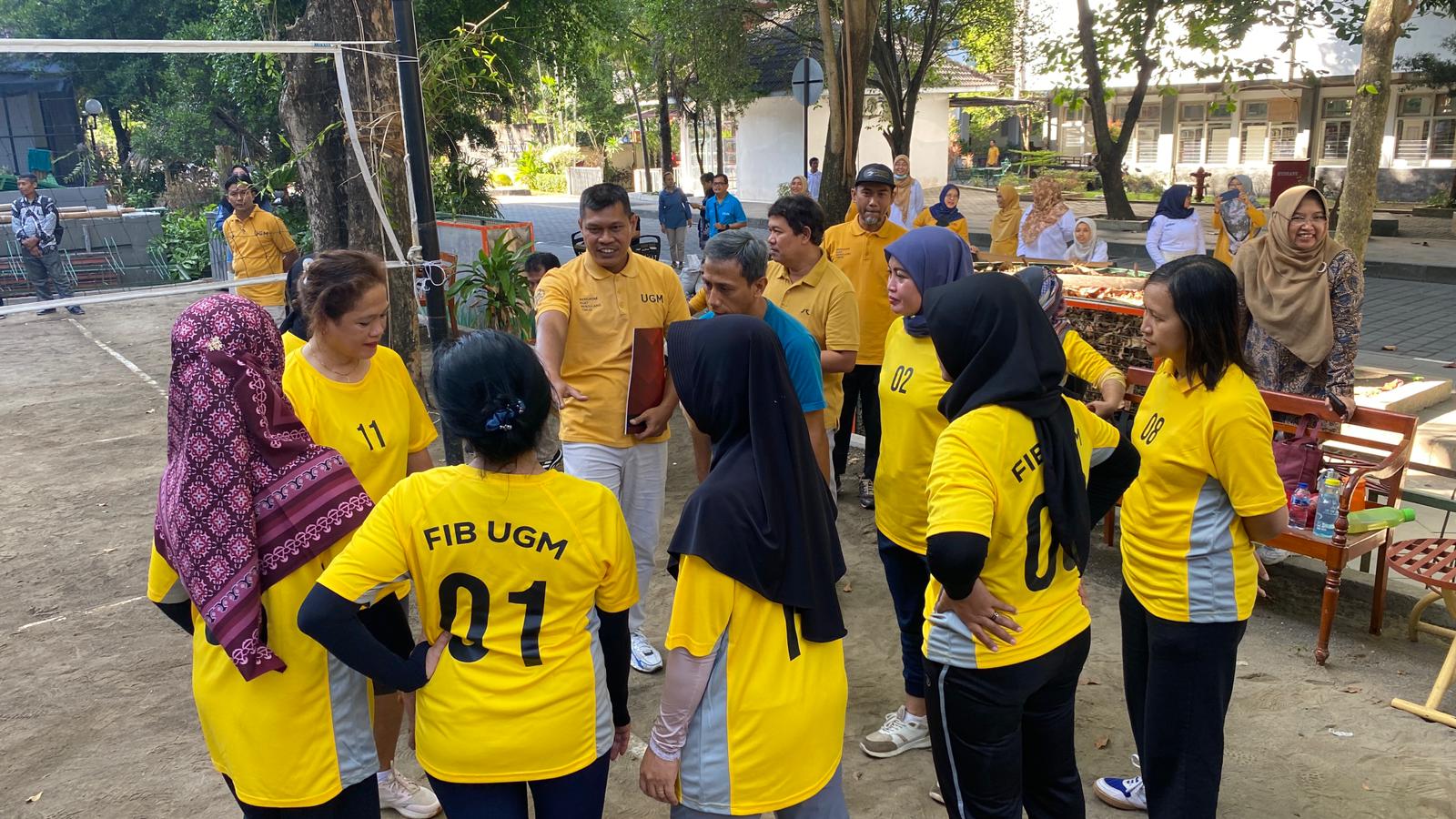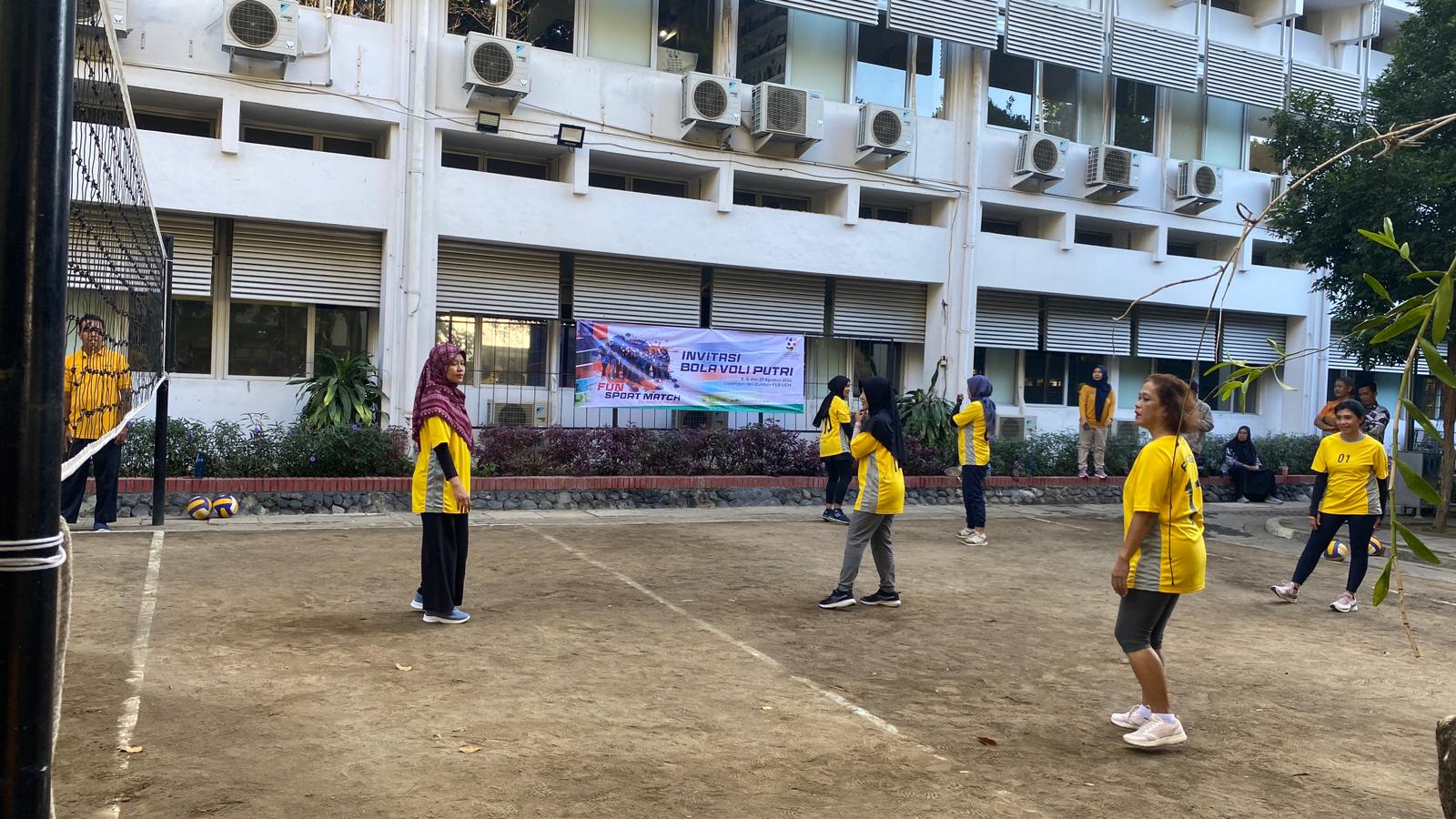Circular letter of the Dean of the Faculty of Cultural Sciences, Universitas Gadjah Mada Number: 4981/UN1.FIB/KP/2024 concerning the prohibition of smoking in the Faculty of Cultural Sciences, Universitas Gadjah Mada addressed to Lecturers, Education Personnel, and Students of the Faculty of Cultural Sciences, Universitas Gadjah Mada referring to the Rector’s Regulation of Universitas Gadjah Mada Number 29/P/SK/HT/2008 concerning Smoking Free Areas and the Rector’s Circular Letter Number 3830/UN1. P/SDM/PR/2021 on the Implementation of Health Promoting University at Universitas Gadjah Mada as attached, it is hereby conveyed that the Faculty of Cultural Sciences respectfully appeals to create a comfortable, healthy teaching and learning place, and to maintain health in the Faculty of Cultural Sciences environment, hereby convey the following matters:
1.Establishing the Faculty of Cultural Sciences as a Smoking Free Area.
2.The Faculty prohibits all people including the Faculty of Cultural Sciences community (Lecturers, Staff, Students) from smoking in the Faculty of Cultural Sciences environment.
Thus this circular letter is submitted for attention and implementation. Made in Yogyakarta, August 8, 2024 and electronically signed by the Dean of the Faculty of Humanities, Universitas Gadjah Mada, Prof. Dr. Setiadi, S.Sos., M.Si.
Copies:
1.Vice Dean
2.Head of Administrative Office
3. Field Coordinator of the Faculty of Cultural Sciences UGM

